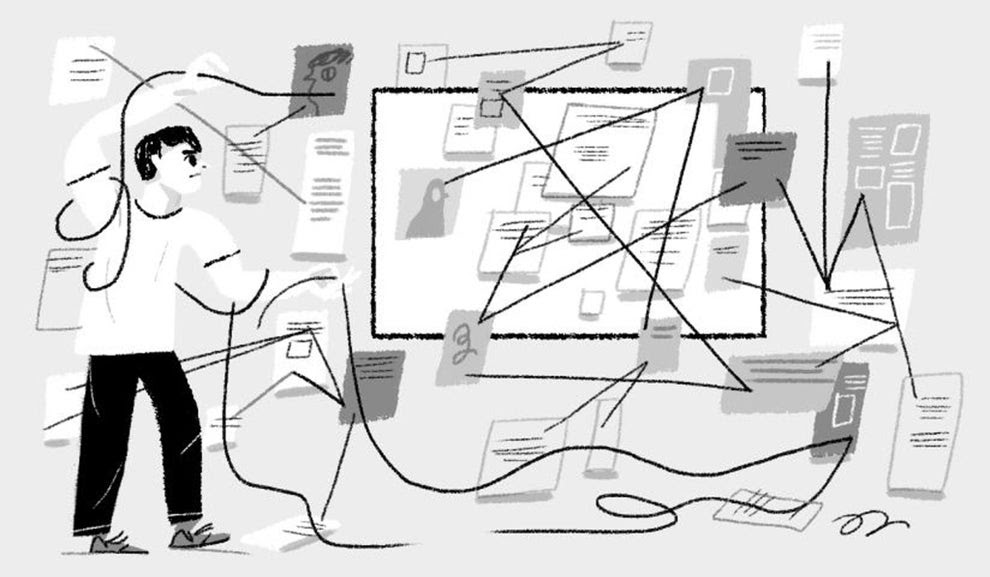In school, did you hesitate to ask questions?
I certainly did.
It was peer pressure, raising my hand was a big no-no. I didn't want to be that kid.
So I suppressed the instinct to ask. And those muscles atrophied.
It wasn't until later that I realized asking questions can be a powerful tool for being creative and generating insights.
When you ask "Why?", or "What if?", and "How?", you reshape the way you see the world. You notice connections between seemingly unrelated concepts. Your ideas cross pollinate.
As Steve Jobs said, "creativity is just connecting things."
In his book, A More Beautiful Question, Warren Berge describes how we can rebuild those muscles and boost our creativity by asking questions.
Here are the key ideas from that book along with some of my own thoughts interspersed. I wrote it last year, but it'll be new to most of you:
Essay: Become creative by asking better questions
And now your nuggets for the week:
- Be deliberate about what you learn
- Draw connections as you read
- Summarize what you learned
- To skim or not to skim?
#1 Be deliberate about what you learn
There are an infinite number of things to try an learn, but we have a finite amount of time.
So what can you do?
When you get the urge to learn something new Sally Lait suggests asking yourself these questions to see if it's worth the time investment:
- What do I want to learn?
- Why do I want to know it?
- How long will it take to learn?
- How long have I been interested in it?
Answering them feels like a lot of work, but it's less work than studying something you didn't need.
For me, the most important one is "how long have I been interested in it?" It's a useful way to ensure you're not going into some deep rabbit hole on a whim
#2 Draw connections as you read
Simply reading doesn't teach much. You have to think about what you're reading.
Look at it from different perspectives.
Draw connections with what you already know
How?
When you read an interesting fact, try to ask yourself these questions:
- Evidence: Why do you think this information is true or false? What should count? What do you think you know and why?
- Viewpoints: How would this look from other perspectives? How would other people or companies think about this differently?
- Connections: Noticing any patterns? Have you seen something like this before?
- Conjecture: What if something about this was different? How would that impact things?
- Relevance: Why does this matter? How can I apply this to my life?
It might seem tiresome to do this every time, but it can be a surprisingly fun thought exercise!
From: A More Beautiful Question by Warren Berger

#3 Summarize what you learned
At the end of each reading session write a ~5 sentence summary of the key ideas from memory.
Jogging your memory like this will help you remember those lessons better. This is a simplified version of the Feynman Technique
From: How to remember what you learn, by Vasil Shynkarenka
#4 To skim or not to skim?
You don't always want to ask those questions though, not all books are worth digging deep into.
Francis Bacon felt this way 400 years ago!
"Some books are to be tasted, others to be swallowed, and some few to be chewed and digested; that is, some books are to be read only in parts; others to be read, but not curiously; and some few to be read wholly, and with diligence and attention." --Francis Bacon (1625)
Your Turn 👊
Ready to apply these techniques?
Hit that reply button and send me one lesson that you learned from reading this newsletter.
I respond to every email.
Till next week